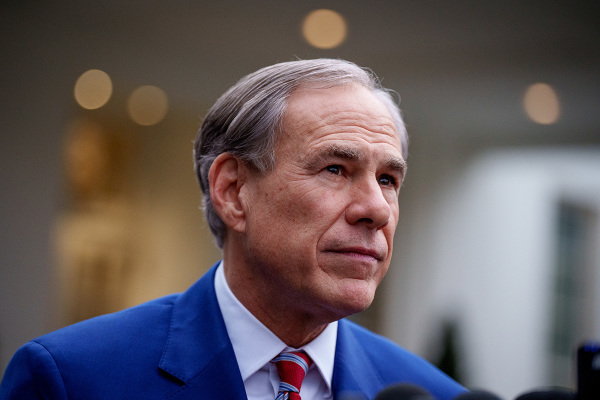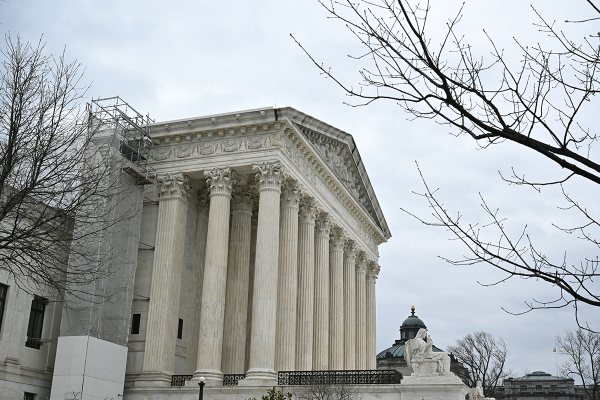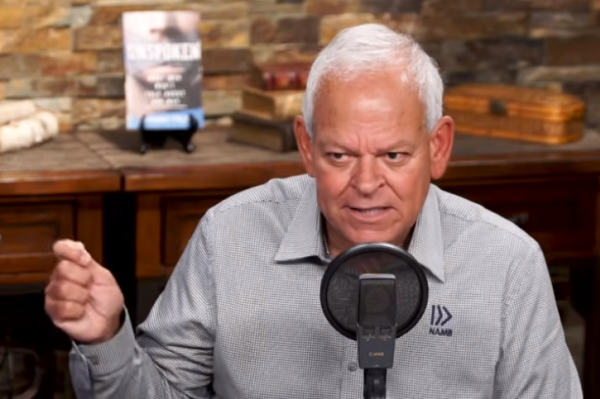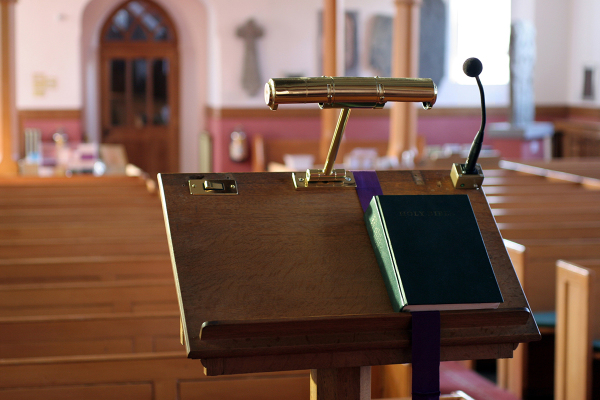Performance vs. Grace
The story of Jonah shows us that the gospel-the good news that God relentlessly pursues sinners in order to rescue them-is just as much for Christians as it is for non-Christians. Jonah's life proves this, because Jonah, who knows God, obviously needs divine deliverance as much as anyone else in the story. In fact, his need for rescue gets far more emphasis than anyone else's. It's his destitution, not that of the Ninevites, that gets the most play. That alone should be enough to convince us that God's rescue is a continuing requirement for Christians and non-Christians alike.
The gospel isn't simply a set of truths that non-Christians must believe in order to become saved. It's a reality that Christians must daily embrace in order to experience being saved. The gospel not only saves us from the penalty of sin (justification), but it also saves us from the power of sin (sanctification) day after day. Or, as John Piper has said, "The cross is not only a past place of objective substitution; it is a present place of subjective execution." Our daily sin requires God's daily grace-the grace that comes to us through the finished work of Jesus Christ.
Churches, for example, have for years debated whether their worship services ought to be geared toward Christians (to encourage and strengthen them) or non-Christians (to appeal to and win them). But this debate and the struggle over it are misguided. We're asking the wrong questions and making the wrong assumptions. The truth is that our worship services should be geared to sinners in need of God's rescue-and that includes both Christians and non-Christians. Since both groups need his deliverance, both need his gospel.
Christians need the gospel because our hearts are always prone to wander; we're always tempted to run from God. It takes the power of the gospel to direct us back to our first love. Consciously going to the gospel ought to be a daily reality and experience for us all. It means, as Jerry Bridges reminds us, "preaching the gospel to yourself every day." We have to allow God to remind us every day through his Word of Christ's finished work on behalf of sinners in order to stay convinced that the gospel is relevant.
I find that I especially need a gospel refocus to help steer me away from a constant tendency to drift into a performance-driven relationship with God. I'm not alone in that tendency; Jerry Bridges observes how pervasive it is among us all:
My observation of Christendom is that most of us tend to base our personal relationship with God on our performance instead of on His grace. If we've performed well-whatever "well" is in our opinion-then we expect God to bless us. If we haven't done so well, our expectations are reduced accordingly. In this sense, we live by works rather than by grace. We are saved by grace, but we are living by the "sweat" of our own performance.
Moreover, we are always challenging ourselves and one another to "try harder." We seem to believe success in the Christian life (however we define success) is basically up to us: our commitment, our discipline, and our zeal, with some help from God along the way. We give lip service to the attitude of the apostle Paul, "But by the grace of God I am what I am" (1 Corinthians 15:10), but our unspoken motto is, "God helps those who help themselves. The realization that my daily relationship with God is based on the infinite merit of Christ instead of on my own performance is a very freeing and joyous experience."
As I've said before, the difference between living for God and living for anything else is that when we live for anything else we do so to gain acceptance, but when we live for God we do so because we are already accepted. Real freedom (the freedom that only the gospel grants) is living for something because we already have favor instead of living for something in order to gain favor.






















